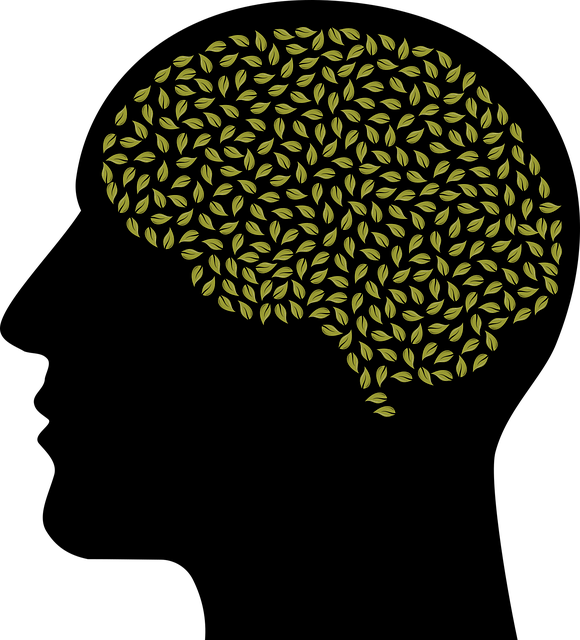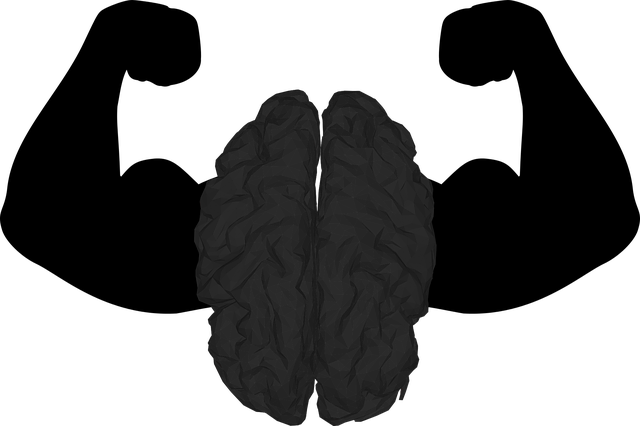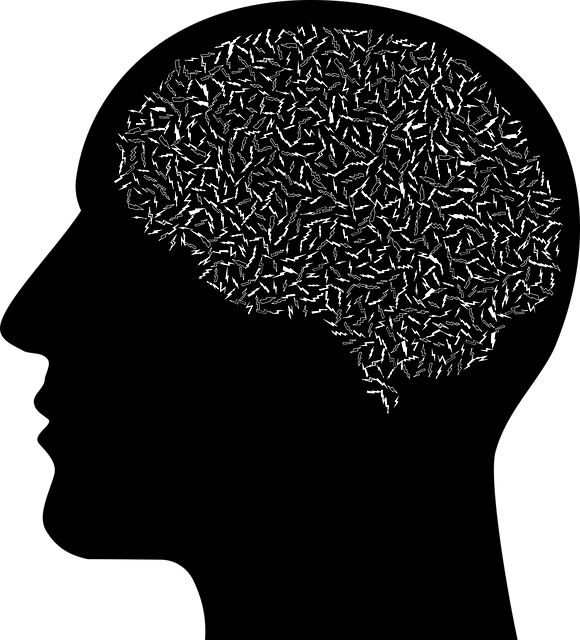Burnout among healthcare providers serving young adults speaking Mandarin Chinese is addressed through tailored therapy approaches that combine cultural sensitivity, anxiety relief techniques, and stigma reduction efforts. Initiatives include incorporating mindfulness meditation, risk management planning emphasizing self-care, and access to culturally competent therapists, particularly those fluent in Mandarin. These strategies aim to create healthier work environments, enhance patient outcomes, and ensure these young adults thrive in their healthcare roles while mitigating burnout risks. #TherapyForYoungAdultsMandarinChineseSpeaking
Healthcare provider burnout among young adults speaking Mandarin Chinese is a growing concern. This article delves into the unique challenges faced by this demographic, offering insights on understanding and preventing burnout. We explore effective strategies tailored to their specific needs, emphasizing the significance of therapy as a powerful tool in combating burnout among Mandarin-speaking healthcare workers. By addressing these issues head-on, we aim to enhance well-being and foster resilience within this vital segment of the healthcare workforce.
- Understanding Burnout Among Healthcare Providers Serving Young Adults Speaking Mandarin Chinese
- Effective Strategies to Prevent Burnout for This Specific Demographic
- The Role of Therapy in Combating Burnout for Mandarin-Speaking Young Adult Healthcare Workers
Understanding Burnout Among Healthcare Providers Serving Young Adults Speaking Mandarin Chinese

Burnout among healthcare providers serving young adults speaking Mandarin Chinese is a growing concern. These professionals often face unique challenges, including cultural barriers and communication difficulties that can exacerbate stress levels. Many Mandarin-speaking young adults may struggle to access mental health services due to language barriers, stigma associated with mental illness, and a lack of culturally sensitive resources. This presents a significant risk for burnout among healthcare providers who are integral to their care.
Understanding these issues is crucial for implementing effective prevention strategies. Therapy for young adults speaking Mandarin Chinese requires tailored approaches that address both the patient’s cultural needs and the provider’s well-being. Anxiety relief techniques, mental illness stigma reduction efforts, and robust risk management planning for mental health professionals can significantly mitigate burnout risks. These initiatives not only foster healthier working environments but also enhance patient outcomes by ensuring accessible, culturally competent care.
Effective Strategies to Prevent Burnout for This Specific Demographic

Preventing burnout among healthcare providers, particularly young adults who may be navigating unique challenges as they enter the profession, requires a multi-faceted approach. For Mandarin Chinese speaking professionals, specific strategies can address cultural and linguistic barriers to care while fostering emotional healing processes. Incorporating mindfulness meditation into daily routines has proven effective in reducing stress and enhancing resilience. This ancient practice allows healthcare workers to cultivate present-moment awareness, promoting better coping mechanisms.
Additionally, risk management planning for mental health professionals is crucial. This involves setting clear boundaries, prioritizing self-care, and accessing support networks. Given the demanding nature of their work, young adults in this demographic must be encouraged to seek therapy and engage in activities that nurture both mind and body. Tailoring these strategies to meet the unique needs of Mandarin Chinese speaking young adults can significantly mitigate burnout risks, ensuring they thrive in their healthcare roles.
The Role of Therapy in Combating Burnout for Mandarin-Speaking Young Adult Healthcare Workers

For Mandarin-speaking young adult healthcare workers, burnout prevention requires tailored strategies that address their unique cultural and linguistic needs. Therapy plays a pivotal role in combating burnout, offering a safe space for these professionals to process stress, anxiety, and emotional exhaustion. Cognitive-behavioral therapy (CBT), for instance, can help individuals identify and challenge negative thought patterns, fostering inner strength development and resilience against burnout.
Targeting depression prevention is also crucial. Cultural sensitivity is essential in mental health care, ensuring that therapy aligns with the patient’s worldview and values. For young adults who may face communication barriers due to language differences, qualified therapists skilled in Mandarin Chinese can provide effective support. Moreover, incorporating risk management planning for mental health professionals can help healthcare workers set boundaries, prioritize self-care, and develop coping mechanisms, ultimately enhancing their ability to navigate challenging situations without succumbing to burnout.
Burnout among healthcare providers serving young adults speaking Mandarin Chinese is a growing concern. By implementing effective strategies, such as targeted interventions and access to therapy for young adults Mandarin Chinese speaking workers, we can mitigate this issue. Integrating therapy into burnout prevention plans offers a crucial support system, fostering resilience and improving overall well-being within this demographic.













